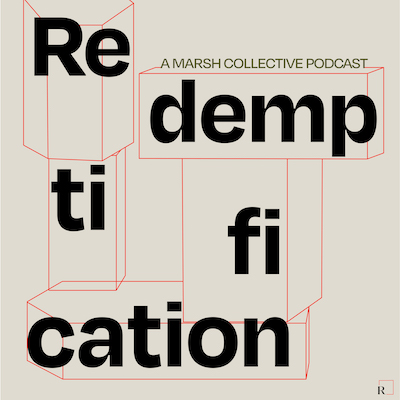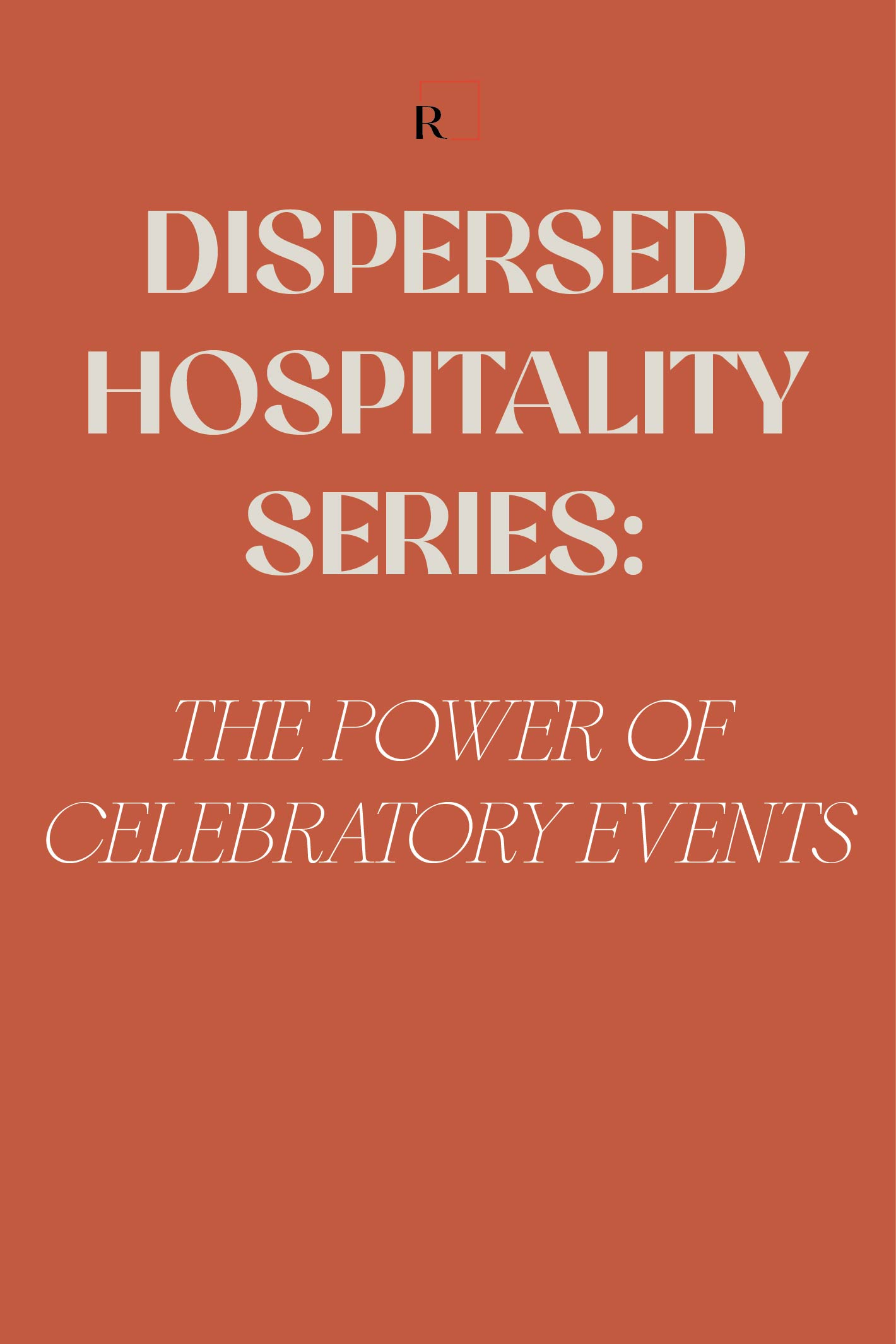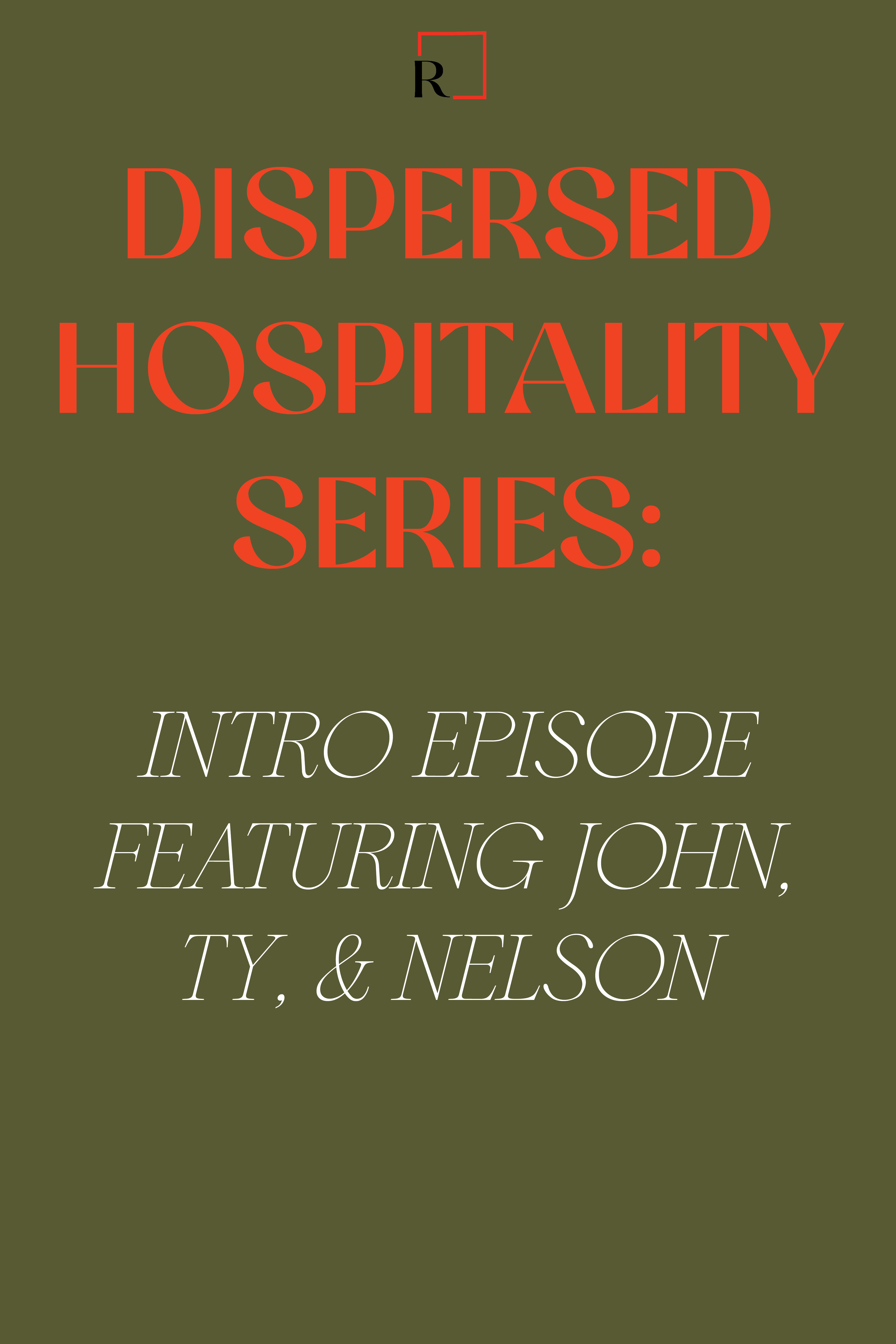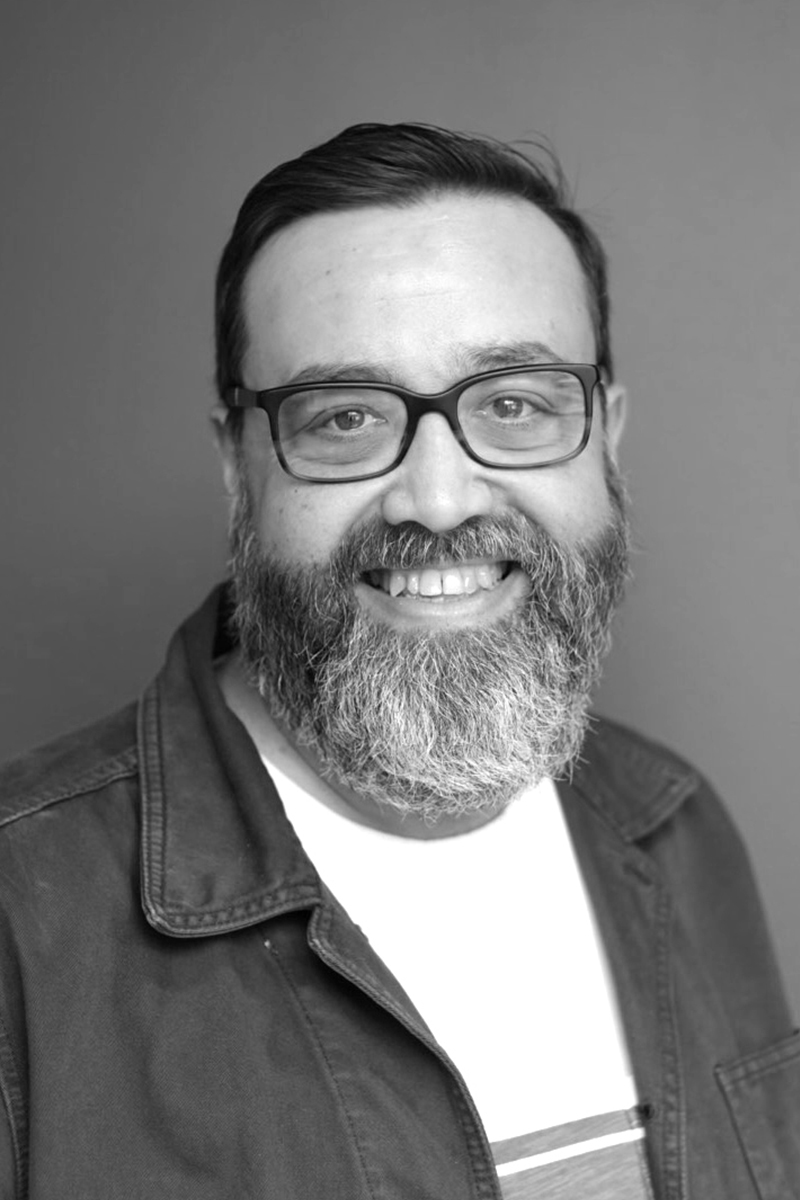Charging Suburbia with a Squirt Bottle with special guest Jeff Siegler
This week, John sits down with a bona fide fire brand. Jeff Siegler is the man behind the ever insightful, and often incendiary, Revitalize or Die, join us as John and Jeff discuss the tension of battling mediocrity in our cities, and what we can do to solve it.
Insights & Inspirations
- John Marsh (01:11): You say what Jeff lacks in patience and eloquence he makes up for and passion and honesty
- Jeff Siegler (02:21): I believe that places a health crisis. We understand how fast food affects our health. We understand how the things we put in our body affect our physical health. I think that what we’re dealing with in these places that we inhabit is an absolute health crisis and that we can’t keep speaking quietly.
- Jeff Siegler (03:03): We’re living in places that make us socially, mentally, fiscally sick. And it’s because they’re how they’re designed. They’re not designed with people in mind. And so that’s kind of why I’ve taken a bit of a brash tone because I think that, I hope that people hear it. I want them to hear it and pay attention and to do something about it.
- John Marsh (06:12): Ash said one thing about Italy is it forces you to slow down and see what it takes to do everything that you experience. It’s not hidden in factory, just all ever before you, what it takes to make the cheese and the food and just everything
- Jeff Siegler (07:09): anything that matters just takes quality, ingredients and patience. A little bit of craftsmanship. And that’s the food, that’s the wine. But it’s also the buildings, the streets, the sidewalks, they all share that.
- Jeff Siegler (10:57): It feels, I keep coming back to this idea, to what end? If your municipal policy is not creating the outcomes that you want, stop trying to get step back, step back and look at the outcomes. Are you growing local wealth? Are you growing small businesses? Even more, are residents happy at all? Do they like your town? Are they proud? Do they feel attachment? Those are the things you need to worry about. And if you’re just head down blinders on, let’s do this bad process even harder. Get a really good step back and decide what are your goals? What are you trying to achieve? And then blow it all up, scrap it.
- Jeff Siegler (15:33): we shouldn’t have to travel to feel beautiful. We shouldn’t have to travel to go enjoy a nice public square. We shouldn’t have to travel overseas to feel a sense of civility. That is offensive. To think that we absolutely have to have those things in every community. And of course any small town can do it
- John Marsh (17:35): one thing we believe is that local capital kept local is exponential.
- Jeff Siegler (18:45): it’s so backwards to encourage somebody from outside to come in because they’re going to extract a bunch of money simultaneously to create a much inferior product.
- Jeff Siegler (20:59): One thing I do try to remind ’em is like, we’re all the same. We’re the reasons that you’ve created to not move forward are invalid if, oh people won’t like this. No, it’s not true. Humans are all pretty much made up of the same stuff. We have the same values, we like the same things. And I guess I will try to point out the flaws in their argument. The big one, I see the conflation of supply and demand, but we don’t have any upper floor apartments. Therefore we don’t want ’em, no, I don’t have a lake house. It does not mean I don’t want a lake house. It means I currently don’t. So to try, I think what we do is we’ve given a lot of bad advice. It’s like, well, a plan will fix it or additional tourists or fix it or jobs will fix it. And it’s not the problem.
- Jeff Siegler (22:00): we have 40 years of proof that that’s absolutely not working. Just look, pay attention. And if you do this thing better than you did last time, will it make any difference? So what I’ve found to be very useful is how a city behaves with the people. We look at this thing as being, oh, we have to have these experts to pull back the myth of civic function and explain it to us. It’s like, no, not at all. If you’re a human, you already know everything you need to know about cities. Do you like it? No. Do you like your place? Do you find it pretty? No. Does it make you proud if those, you find that you’re an expert? We’re all experts in human habitation because we’re all human. And so we can stop overthinking it and make people happy. There should be joy.
- Jeff Siegler (22:58): who convinced us that it has to be miserable to live somewhere.
- Jeff Siegler (23:38): cities should be emotional experiences. And we, we’ve bought into this notion, we put too many bankers and economic development officials in charge are like, well no, it’s just finance it. It’s like it’s a money thing. No, it’s not a money thing or it is. But you’re forgetting that for anybody. Car companies know this. Any marketing firm knows this. You’ve got to create an emotion
- Jeff Siegler (25:15): everybody says the same places like, oh, that’s funny. You’ve named five places where you park your car and walk for a week. Why? Then why are you building parking decks at home?
- John Marsh (26:21): If the prize is fuzzy, no price is cheap enough. When the prize gets clear, the price gets easy.
- Jeff Siegler (29:50): we’ve created places that have made people apathetic that it is, we destroyed what mattered most about our communities.
- Jeff Siegler (33:35): Planning isn’t a solution to an emotional problem. We’ve got to look at emotional solutions because they’re people. So if you give something them, something to be proud of, which is beauty, progress, local ownership, there’s the handful of things
- Jeff Siegler (35:47): the more quality small business we have, the better we feel about our town. And there’s just never going to be a national chain that makes anyone feel good. It just can’t be because it’s not local.
- Jeff Siegler (36:51): it’s so tragic that developers become a four letter word. Like national developer has a problem. They extract a lot from the community and people building subdivisions and malls. Yeah, they talk a lot about local. We can’t do it real estate. You take away the real estate and the city doesn’t exist. You take away the buildings and it’s a parking lot. It is absolute. You can’t have a sense of community without a space for it to exist without quality public space. But it all comes down to real estate. And we really obsess about small business ownership and overlook the fact that a building is a small business.
- Jeff Siegler (39:12): businesses can’t fix it and businesses are huge, but I think you have to start with developers. Developers create quality space and then business owners want quality space. You don’t want to take a great business and put it in a rundown space because you’re immediately in conflict with your brand.
- John Marsh (39:42): people say, well why don’t developers take less on their rent? And I say, well the water’s good. Come on in, buy building yourself, get a mortgage and pay 2000 a month for the mortgage and lease it to people for 1100 and see how sustainable it is to do that and do a few more,
- Jeff Siegler (43:22): have 40 years of this same style of economic development produced any meaningful results? Has it made people happier? No. By every metric it’s been a failure. So stop doing it.
- Jeff Siegler (50:24): there’s no secret to revitalize in the town. Make it more attractive every day. Make it nicer every day. They’re literally, every town already knows what needs to be done.
Information & Links
- Connect and learn more about what we do at https://www.marshcollective.com/
- Connect with Marsh Collective on LinkedIn
- Connect with Marsh Collective on Facebook
- Jeff Siegler – LinkedIn
- Revitalize or Die – website
Closing Questions
What have you read that we should read?
- Happy City by Charles Montgomery
Who do you know that we should know?
What have you done that we should do?
- … what should people do that I have done is, yeah, I accept the fact that humans are all the same, that we’re really not that unique. We’re all pretty much the same. If you feel a certain way about your community, likely, almost everybody does. And there are, going back to that adage though, it’s like there’s no secrets. There’s no shortcut. If you want to learn Spanish guitar, if you want to get abs, you want to get into shape, you want to make your community better, just come to grips with the fact that it’s going to take relentless incremental improvement. It’s going to be a process that’s going to be slow, but the process, learn to love the process, not the outcome. And you’ll be in good shape.




